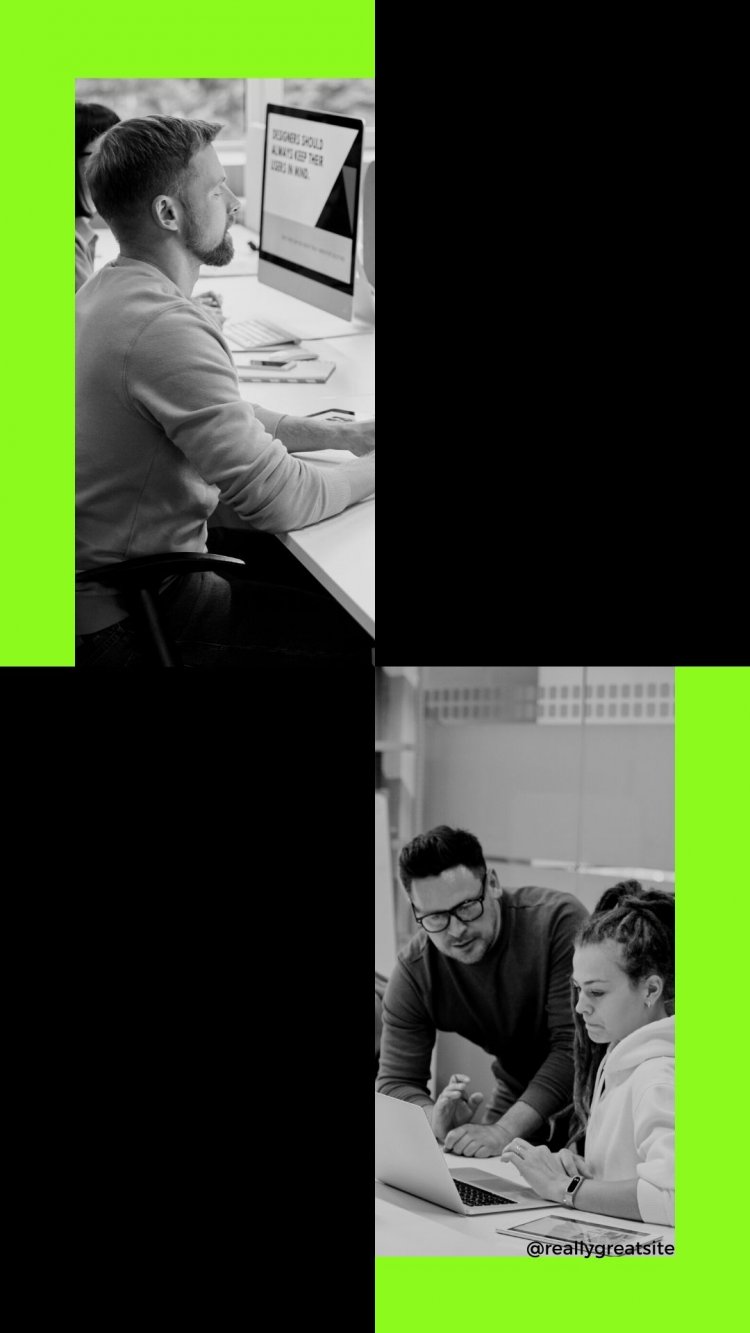The World Day for Safety and Health at Work is celebrated annually on April 28 to promote the prevention of occupational accidents and diseases globally. The day also focuses on enhancing social dialogue towards a culture of health and safety.
According to the UN, It is an awareness-raising campaign intended to focus international attention on the magnitude of the problem and on how promoting and creating a safety and health culture can help reduce the number of work-related deaths and injuries.
According to experts, more than 1 in 5 people globally experience anxious and depressive complaints every year to an extent that it affects how they take care of themselves, their families, and their jobs.
Yet, the majority of them in both high-income and low-income countries never seek any support due to the stigma surrounding it, the high cost of human-quality care, and the lack of professionals.
Fortunately, the landscape is changing and numerous startups have emerged to address the issues of mental health, particularly in the workplace.
We have listed a few Amsterdam-based startups that work towards creating a safe and inclusive work environment.
Blue Feniks
Founder/s: NA
Blue Feniks helps to create safe and inclusive work environments by addressing the problem of unwanted behaviour in the workplace that often goes unnoticed. The platform enables employees to share reports of unwanted behaviour and near incidents.
The Amsterdam-based platform provides data-driven decisions to improve the performance of an organisation and optimise the company culture accordingly.
Shleep
Founder/s: Els van der Helm, Jran Albers
Shleep is the first science-based sleep coaching platform founded by Dr. Els van der Helm (previously at McKinsey) and Jran Albers (formerly at Bain), and their team of sleep PhDs, health experts, and software engineers.
The Amsterdam-based company focuses on improving the performance of companies by improving the sleep of employees, teams, and leaders through a digital sleep coaching platform.
Users of its platform have access to tailored exercises and courses, a sleep expert, relaxation and jet lag tools, individual and group sleep consultations, and live webinars on topics such as how to cope with sleep deprivation, insomnia, jet lag, and sleep in babies.
Inuka Coaching
Founder/s: Robin van Dalen
Inuka is a social enterprise thats on a mission to make well-being accessible to everyone. The Dutch startup has built a proprietary coaching framework that allows a supply of high-quality, evidence-based coaches at affordable rates to prevent employee stress, dropouts, and burnout. The platform empowers coaches with a proven method, connects them with distressed users, and monitors quality and impact.
Further, the Amsterdam-based company also runs the Inuka Foundation, which owns 15 per cent of the company and focuses on making Inuka accessible to the most vulnerable for free with projects in Kenya, Zimbabwe, Uganda, the Netherlands and the Palestine areas.
OpenUp
OpenUp is an medtech platform that enables employees to work on their mental health in an affordable and accessible way. The platform provides tools and tips to help employees deal with daily mental health challenges.
Amsterdam-based platform includes courses, health checks, interventions, inspiring interviews, and talking to a psychologist 1-on-1 via video, phone, or chat. The company offers mental support in more than 10 languages, from English to Mandarin, Dutch to French.
Honourable mention
Quan
Founder/s: Arosha Brouwer, Lucy Howie
Quan helps managers, organisations, as well as teams, prevent burn-out and enhance their performance. The platform worked diligently with psychologists and therapists to develop a well-being assessment focused on improving self-awareness and helping individuals identify the areas which need attention across their personal and work lives.
The Hague-based company says that it has compiled the conclusions from more than 150+ scientific and academic papers, and spoken to over 300 global experts (including doctors, psychologists, and therapists, among others) to identify 50 sub-dimensions of well-being and 250 predictors.

















